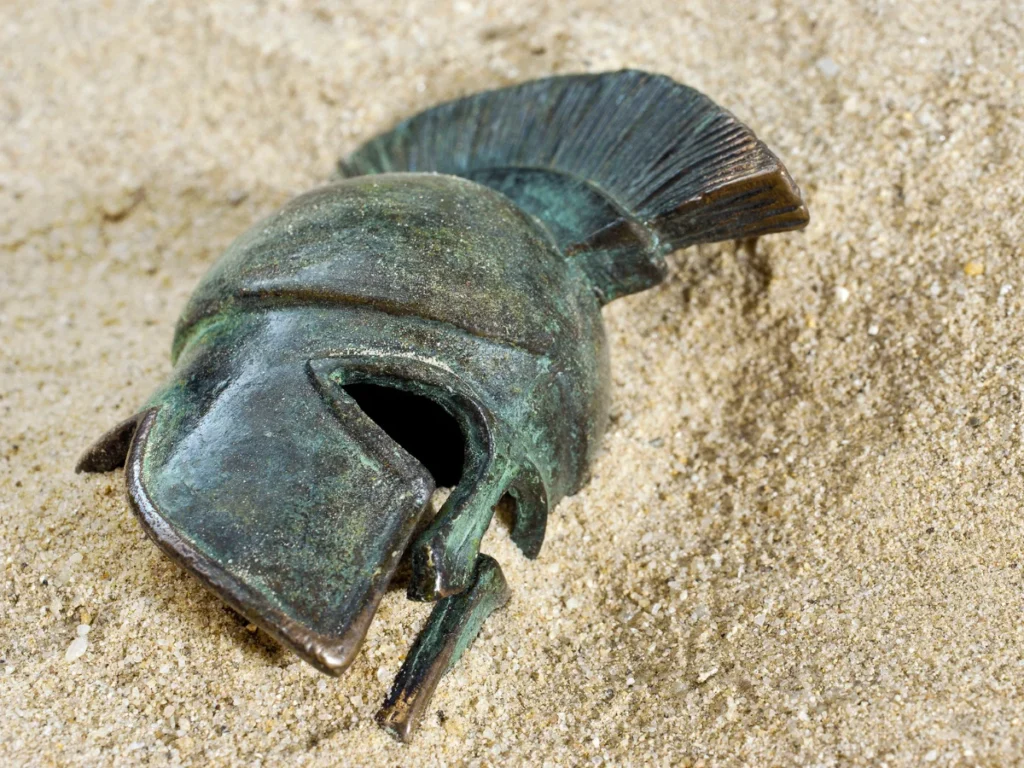Battle of Salamis
The Battle of Salamis, a pivotal naval clash in 480 BCE, followed Athens’ evacuation after the Battle of Thermopylae. With a clever ruse orchestrated by Athenian strategist Themistocles, the Greeks lured the Persians into the narrow strait between Attica and Salamis. This tactical brilliance resulted in a Greek victory, significantly diminishing the Persian naval threat and marking a turning point in the Greco-Persian Wars. The battle showcased the power of strategy and unity among Greek city-states in preserving their autonomy.

The Battle of Salamis
Athenian Evacuation After Thermopylae
Following the heroic stand of King Leonidas and his Spartan warriors at the Battle of Thermopylae, the Greek alliance realized the need for a strategic retreat. Athens, recognizing the impending Persian threat, decided to evacuate the city, relocating its population to the nearby island of Salamis. This tactical withdrawal was part of a broader plan to lure the Persian fleet into a decisive confrontation.
The Persian Onslaught and Greek Strategy
As the Persian forces, under King Xerxes, advanced, the Greek city-states assembled a formidable naval alliance. Themistocles, the Athenian strategist, devised a clever ruse to encourage the Persians to engage in a naval battle at Salamis. He sent a trusted messenger, Sicinnus, to Xerxes, pretending to defect and falsely informing the Persian king that the Greek navy was in disarray and planning a hasty retreat from Salamis.
The Persian Error and Naval Engagement
Xerxes, influenced by Sicinnus’ misinformation, believed that the Greeks were in disarray, hastening to confront them. The Persians entered the narrow strait between Attica and Salamis, where their large fleet was rendered ineffective due to its size and constrained maneuverability. Meanwhile, the compact Greek fleet exploited its knowledge of the local waters and executed a coordinated attack.
The Greek Victory and Its Impact
The Battle of Salamis resulted in a resounding Greek victory. The Persian fleet suffered heavy losses, while the Greeks demonstrated the effectiveness of their smaller, more maneuverable triremes. This triumph marked a turning point in the Greco-Persian Wars, significantly diminishing the Persian naval threat and undermining Xerxes’ campaign.
The Legacy of Salamis
The Battle of Salamis remains a testament to strategic brilliance and unity among the Greek city-states. Themistocles’ clever deception and the Greek navy’s effective tactics showcased the power of strategy and coordination in ancient warfare. This decisive victory bolstered Greek morale, setting the stage for subsequent battles that would ultimately repel the Persian invasion and secure Greek autonomy.
